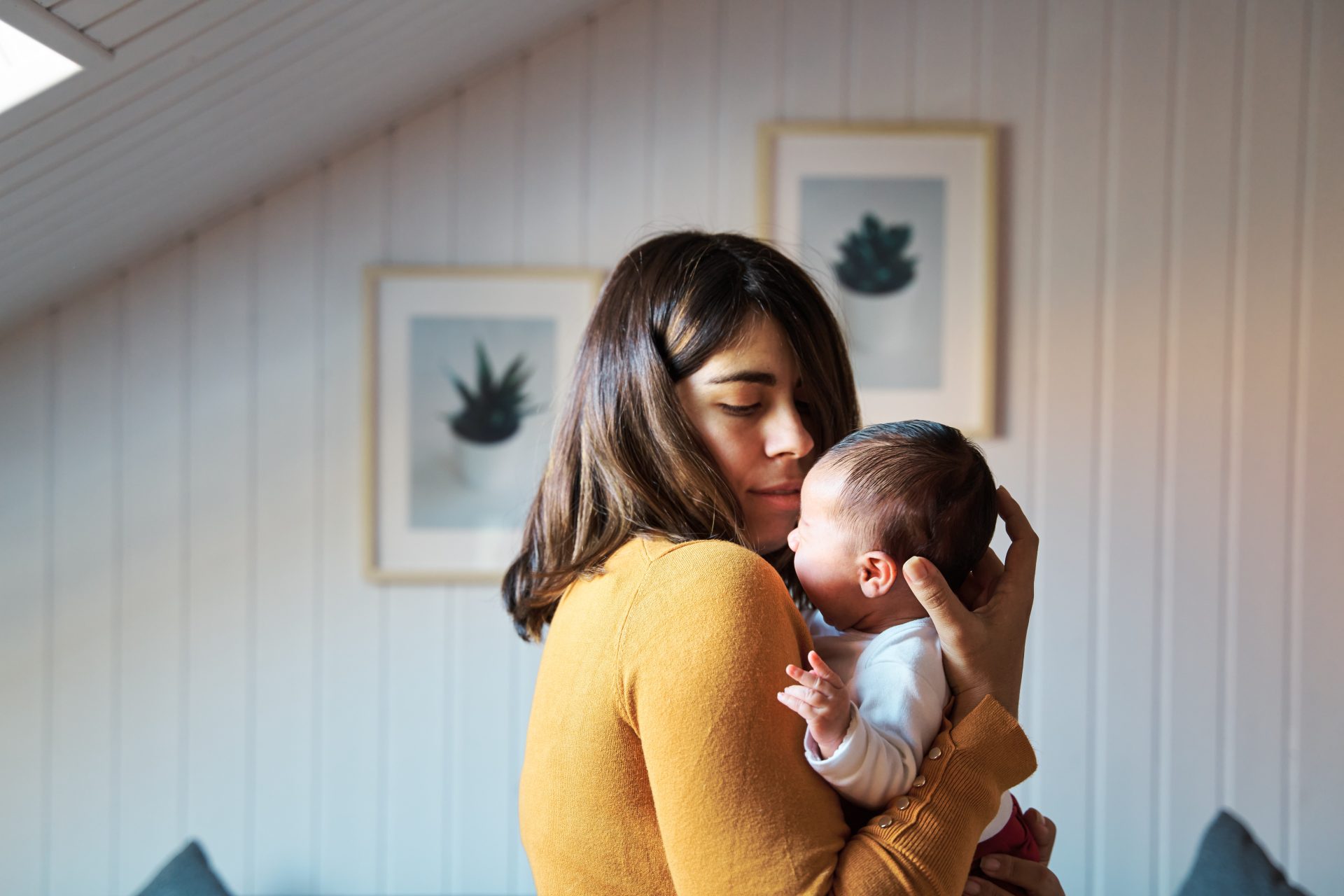How to help your children fall asleep more easily
According to the American Academy of Sleep Medicine (AASM), children younger than 12 years old should be sleeping between 9 and 16 hours a day, including nap time.
It may seem like a lot of hours, especially in a society where parents can barely sleep 5 to 6 hours a day, but it is important that we respect the sleeping schedule of our kids.
Image: Bastien Jaillot / Unsplash
Apart from them getting tired, if we don't take care of their sleeping health, with time, children can suffer from depression, irritability, headaches, lack of concentration, and even obesity.
Image: Isaac Del Toro / Unsplash
Keeping a healthy nighttime routine can be helpful to improve children's sleeping habits. Next, we will give you some advice approved by the American Academy of Pediatrics.
Image: Annie Spratt / Unsplash
Establishing different times to wake up, eat, take a nap, and play will create a familiar schedule in which kids can feel when is the right time to go to bed.
Image: Minnie Zhou / Unsplash
Normally before bed, children follow some simple steps: taking a bath, brushing their teeth, hearing a story, and then going to bed. This sort of ritual must start soon and should be applied wherever possible in order to not mess with the kids dynamic when we are not at home.
Image: Jelleke Vanooteghem / Unsplash
Depending on their age, children will need more or fewer sleeping hours. That's why we need to adapt their bedtime and schedules taking into account the hours they really need to rest.
Image: Robo Wunderkind / Unsplash
During the day, kids need to move, be active and drain their energy. They can practice sports, play with friends or take a walk, the important thing is that they go out every day and arrive feeling tired at the end of the day.
Image: Robert Collins / Unsplash
Children must be active but to a certain extent. If after school they are occupied with a bunch of extracurriculars, games, more classes, and tasks, we won't let them have time to relax and get sleepy.
Image: Filip Urban / Unsplash
Screens must be out of the room where they sleep, especially at night. In fact, it is recommended that kids should not watch TV, be with smartphones or tablets or any other device one hour before going to bed.
Image: Zhenzhong Liu / Unsplash
It is proved that the blue light of screens disrupts sleep patterns, so it is advised to turn their rooms into screen-free areas, especially smartphones.
Image: Emily Wade / Unsplash
Contrary to what it may be believed, you should not feed your baby with a bottle or glass of milk in bed. It's better to let them know from the beginning that their beds are just for sleeping (not for eating or playing).
Image: Lucy Wolski /Unsplash
When the kid goes to bed, the environment must be cozy and calm, perfect to make them feel they are ready to fall asleep. To achieve it, it can be a good idea to lower the lights and keep the room at a comfortable temperature.
Image: Neonbrand / Unsplash
Having a source of dim light for the kids to have as a reference if they wake up in the middle of the night can also be really helpful. However, it is advised to avoid the light coming from the outside because it can affect their sleep schedule.
Image: Max Felner / Unsplash
The bed is a place to sleep and not to play. Maybe a toy, a blanket, or another object can keep the kid company, but we should try to have the bed as clear as possible of plushes and toys.
Image: Paolo Chiabrando / Unsplash
Before going to bed, we must beware of the content children are watching. We should avoid violent video games, shows, or films because they can directly affect the quality of their sleep, be too stimulated, or have nightmares.
Image: Pawel Kadysz / Unsplash
Sending a kid to bed as a punishment is a mistake, it should be a space to wind down and relax and not remind them of something negative. However, it is good that children spend time in their room and feel that they are in their own safe space.
Image: Pavel Danilyuk / Unsplash
Eating or drinking immediately before going to bed can hinder their ability to fall asleep. You'll have to wait at least an hour after they've eaten to put them to bed.
Image: Kelly Sikkema / Unsplash
It's also important to remember that caffeinated and sugar drinks, as well as sweets, can also stop them from easily falling asleep. Children should avoid those kinds of beverages, especially close to their bedtime.
Image: Ulysse Pointcheval / Unsplash
It's important that they learn to sleep alone since they are little. If not, whenever they wake up in the middle of the night, they would demand your presence. However, this opens a debate because now it is very common for parents to use "co-sleeping", which means sleeping with their baby in the same bed until a certain age.
Image: Michal Bar Haim / Unsplash
If a child wakes up, we can walk them back to bed, help them relax, and let them fall back asleep on their own.
Image: Jonathan Borba / Unsplash
































